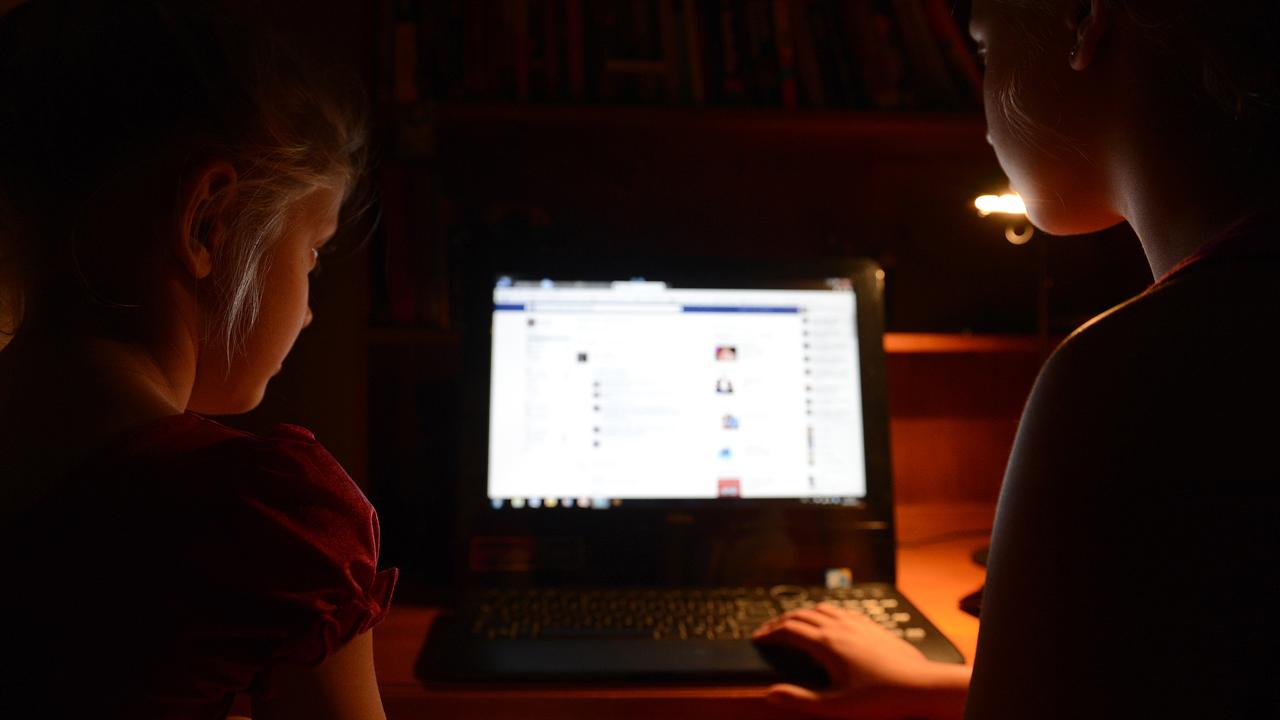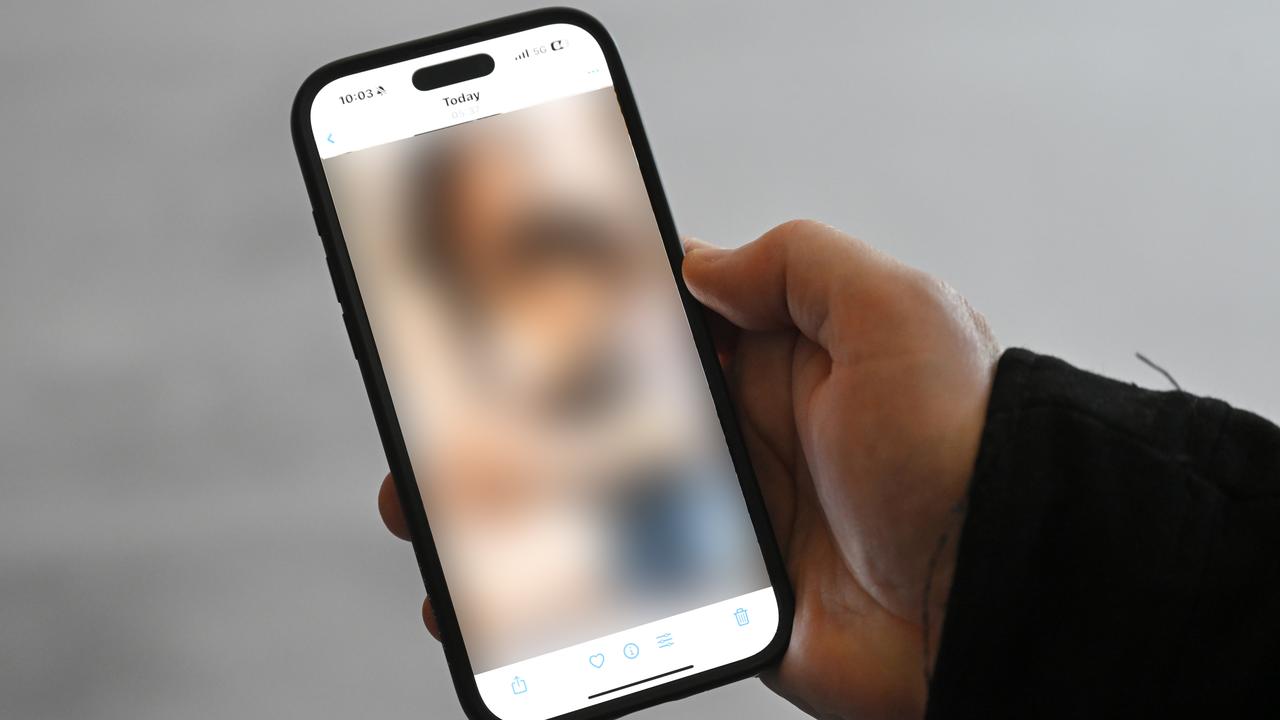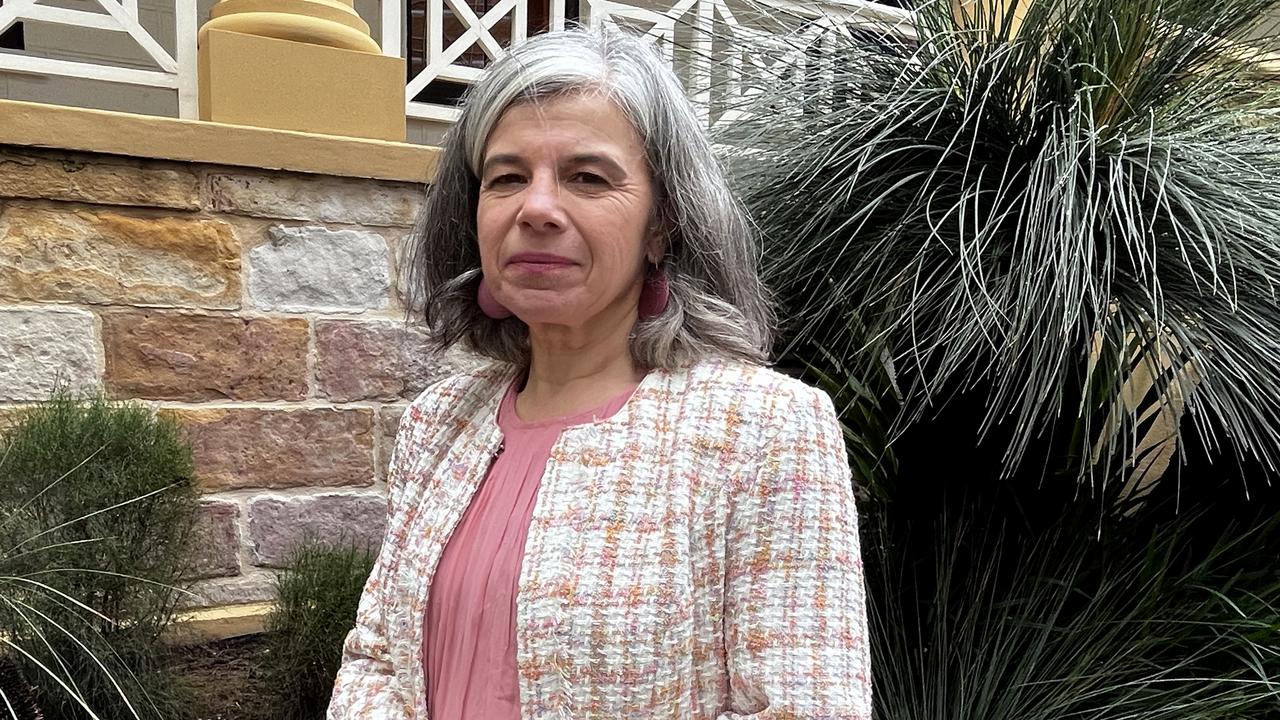
Young men and teens using artificial intelligence to create sexually explicit deepfakes of women and girls could face time behind bars.
NSW Attorney-General Michael Daley introduced legislation on Thursday to expand existing offences for the production and distribution of intimate images without consent.
"Playing with these images on your phone is a serious offence that could land you in jail," he told reporters in a warning to parents about young boys being possibly involved.
"We are ensuring that anyone who seeks to humiliate, intimidate or degrade someone using AI can be prosecuted."
Deepfakes refer to digitally altered images of a person's face or body and young women and girls are often targeted in a sexual manner.
Sharing of explicit deepfake images of underage Australians has doubled since 2023, data from the eSafety Commissioner in June showed.
Almost all the deepfake AI images circulating were pornographic, with 98 per cent being of women, Mr Daley said.
Those dabbling in deepfakes in NSW by stealing a person's real identity could face up to three years in jail or $11,000 in fines.
Sharing or extortion by threatening to share such damaging content online known as revenge porn, even if the person hasn't created them, can also result in up to three years behind bars.

Content also will encompass the creation, recording and distribution of sexually explicit audio, whether real or altered.
Full Stop CEO Karen Bevan said violence was perpetrated in many forms.
Cutting at the root in the digital world was a necessary intervention to change ingrained misogynistic attitudes about women and girls in society, she said.
"It's critical that we are really clear in our community that sexual violence of any kind is not acceptable and that this is real harm" she said.
"These kinds of images and this kind of distribution is humiliating and it's degrading."

The harms created by the click of a mouse and a few strokes of a keyboard could be all too real, long-lasting and devastating in their impacts, NSW Women's Safety Commissioner Hannah Tonkin said.
"We know that women and girls are the main targets of deepfake images. This is terrifying technology, which can be weaponised to cause immense harm."
Laws cracking down on the sharing of sexually explicit AI-generated images and deepfakes without consent were recently introduced to federal parliament.
Meanwhile, multiple reports have emerged of deepfake images being circulated in schools across the nation, including an incident where explicit deepfake images of 50 Melbourne schoolgirls were created and shared online in 2024.
Lifeline 13 11 14
Fullstop Australia 1800 385 578







